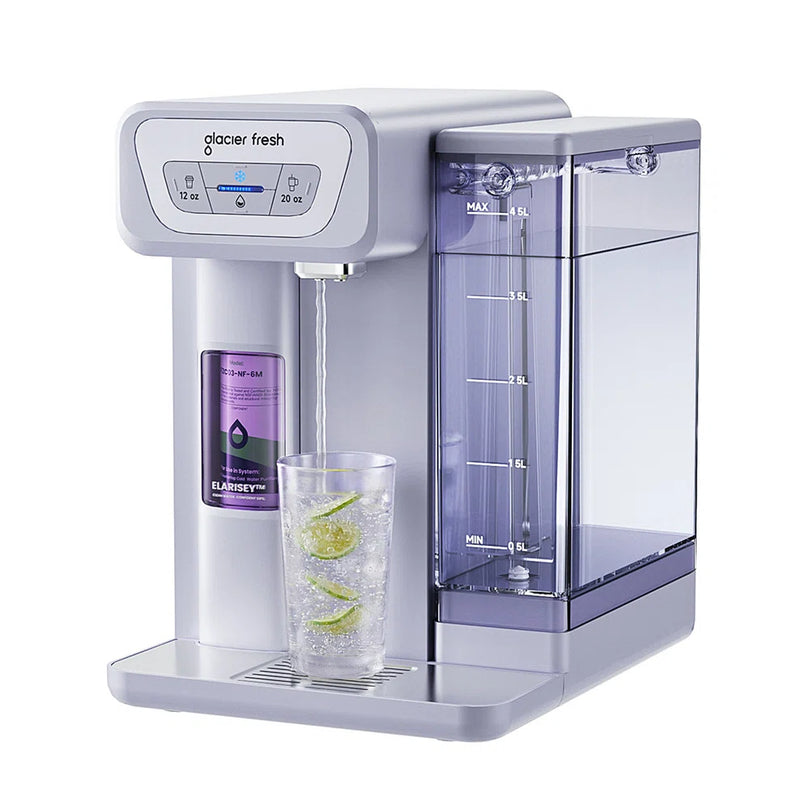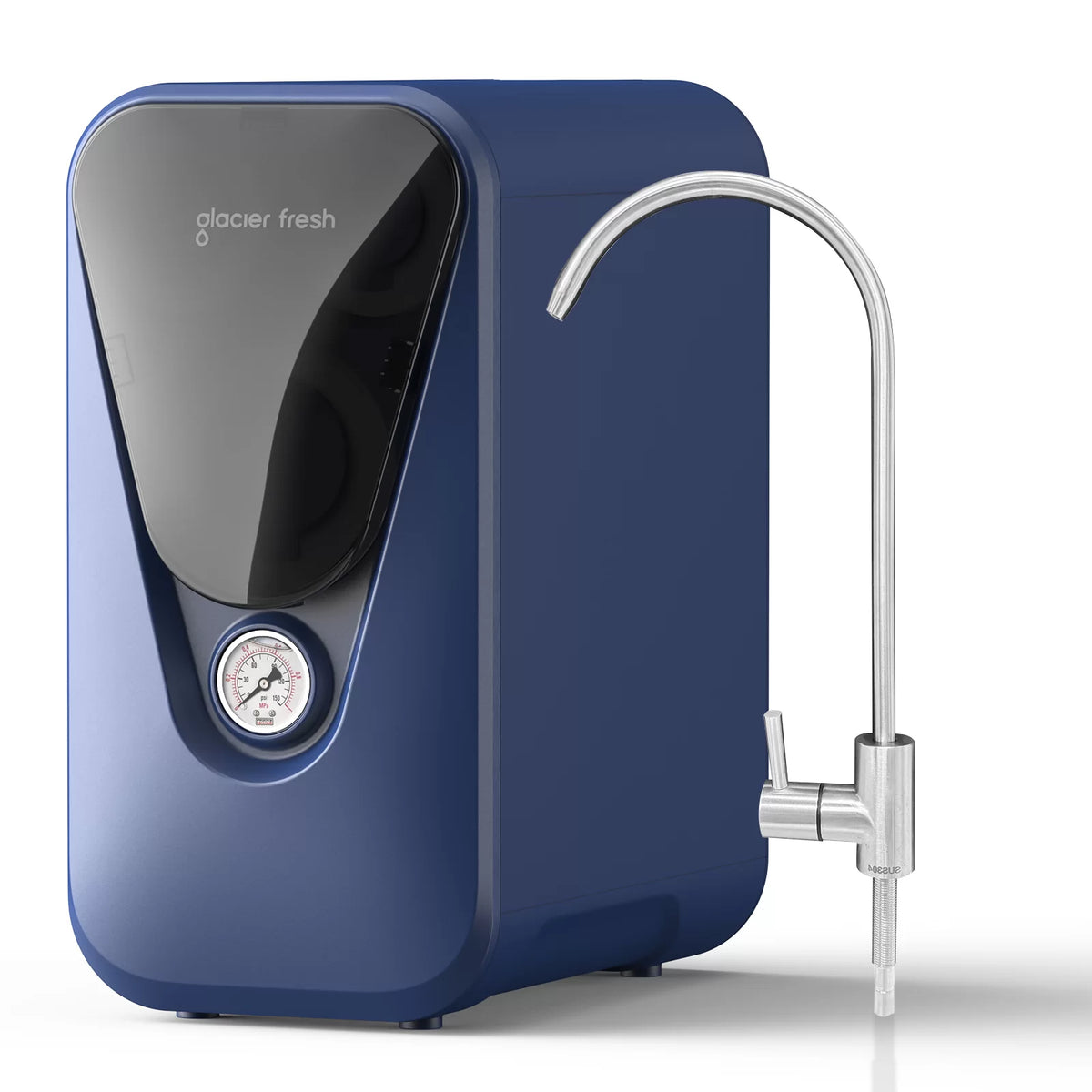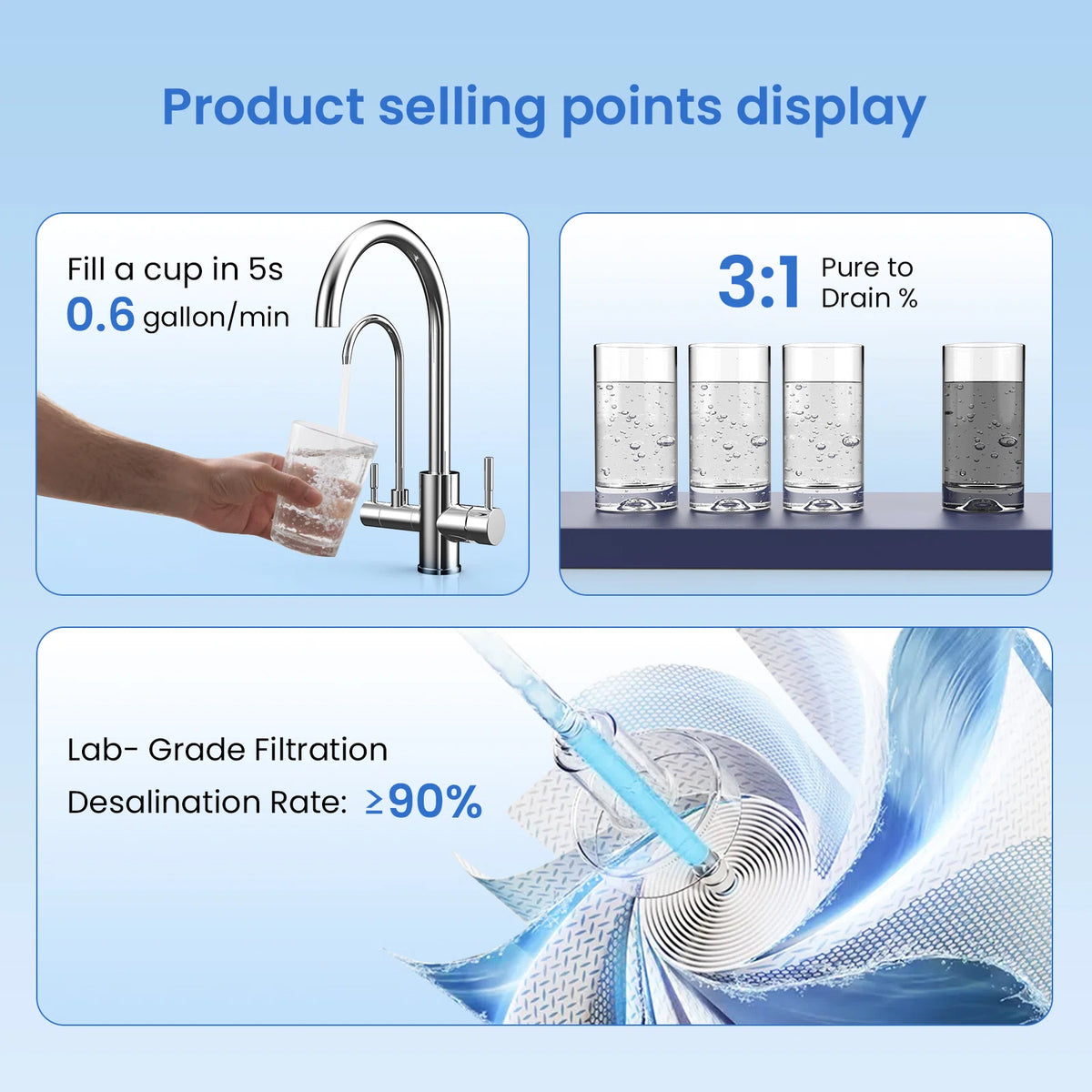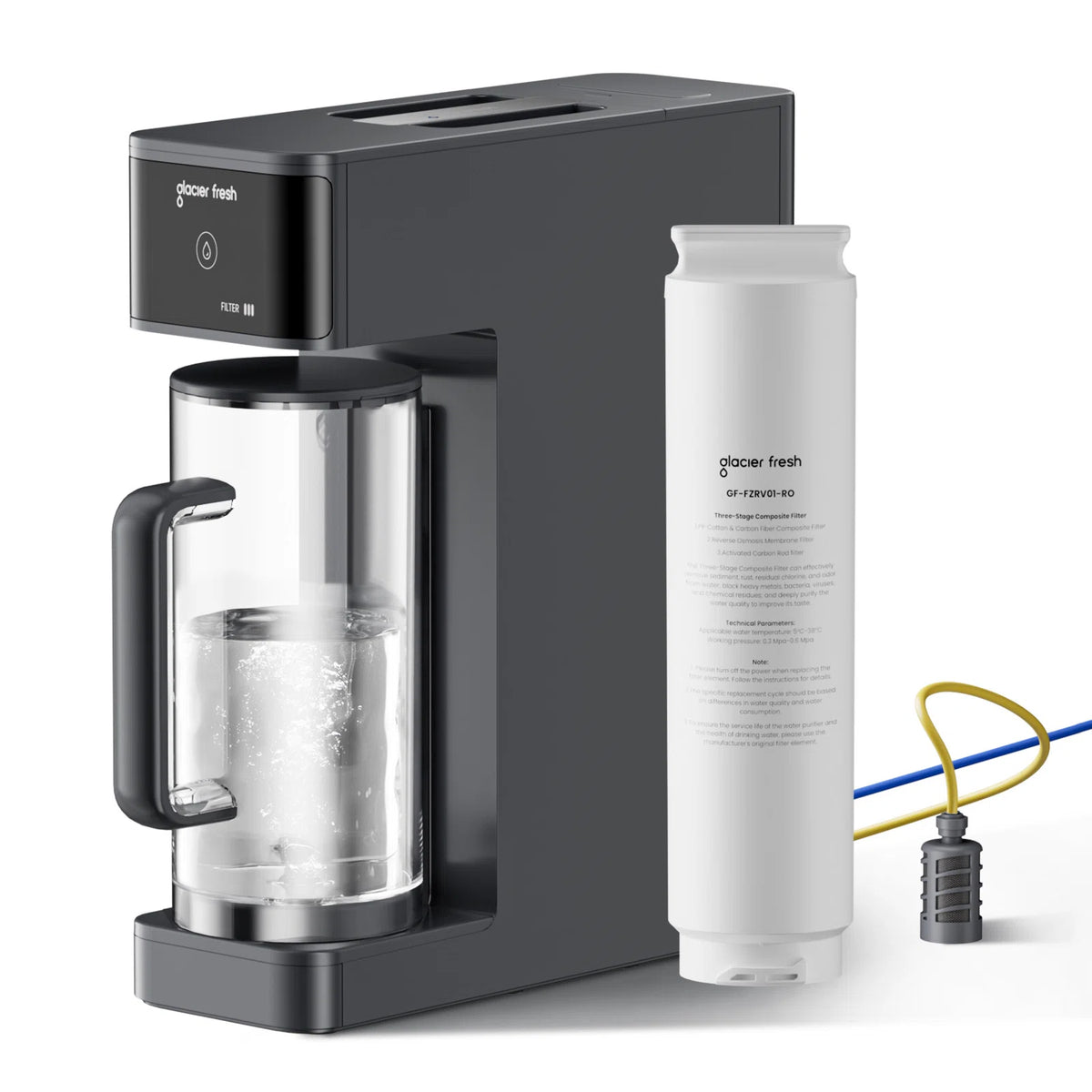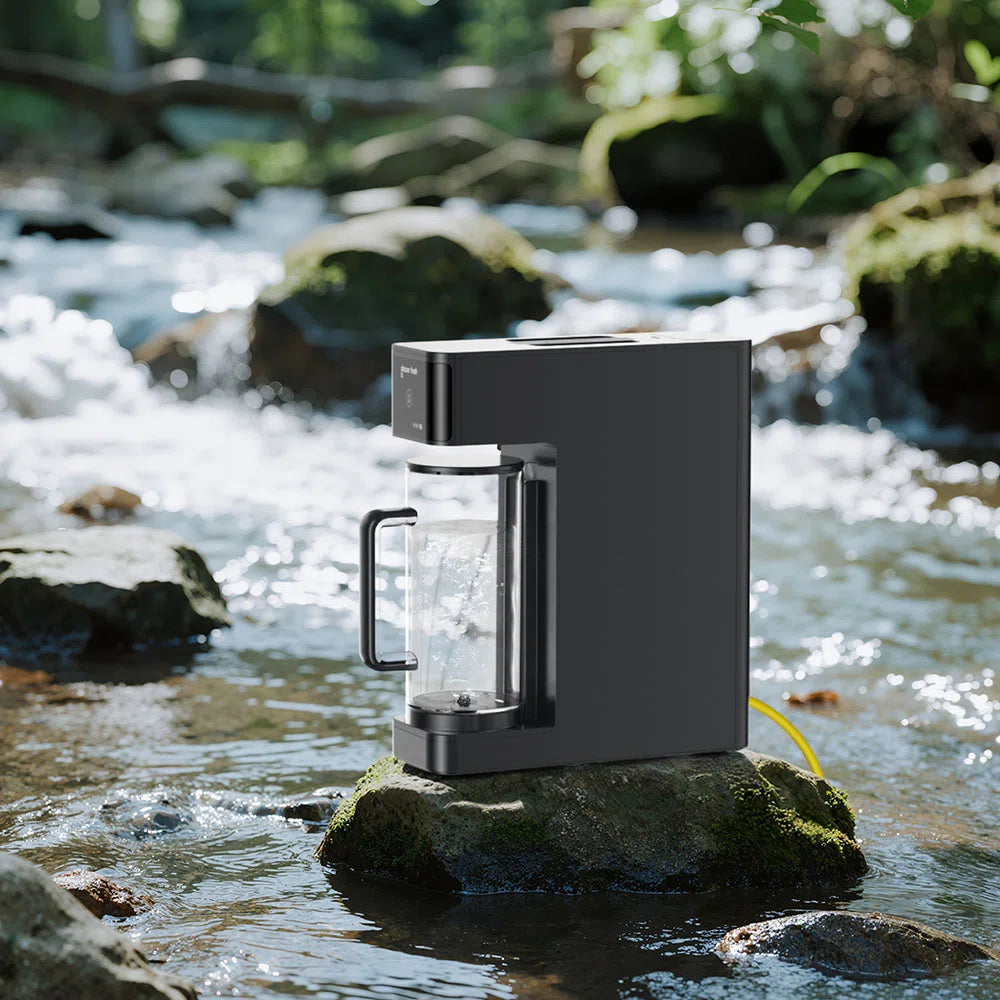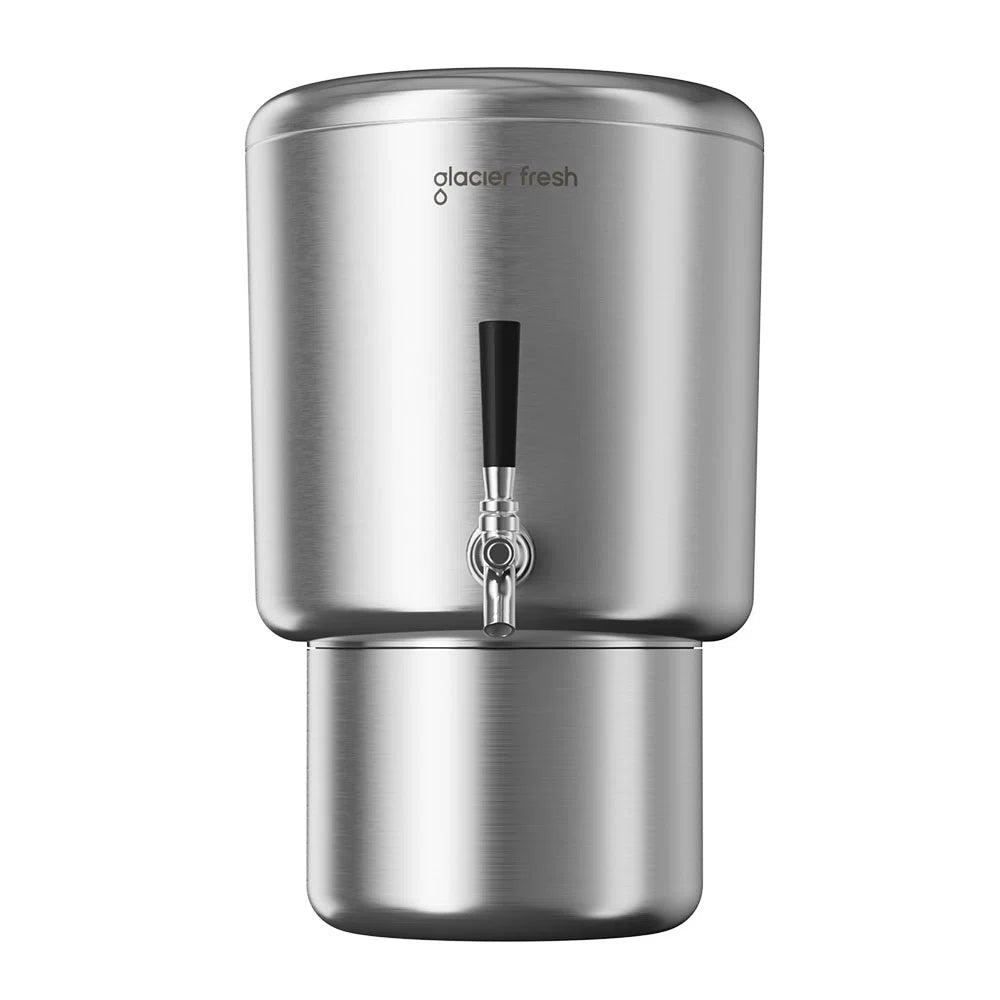Table of Contents:
What`s the link between water intake and allergy alleviation?
Effects of dehydration on allergic symptoms
Common allergy symptoms alleviated by hydration
Best practices for hydration during allergy season
FAQs
Conclusion
Did you know that up to 60% of people with seasonal allergies also suffer from dehydration without realizing it? Understanding the connection between hydration and allergic symptoms could be the key to finding relief. By exploring the impact of water intake on common allergic reactions, you might discover a simple yet effective way to manage your allergies. Stay tuned to uncover how staying hydrated can alleviate those pesky symptoms.
What`s the link between water intake and allergy alleviation?

Increasing your daily water intake has been shown to help alleviate allergic symptoms in some individuals. Water consumption plays a crucial role in maintaining overall health, including managing allergies. Staying hydrated can help reduce inflammation in the body, which is often a trigger for allergic reactions. Drinking adequate water can support your immune system and potentially lessen the severity of your allergy symptoms.
Hydration benefits extend beyond just quenching your thirst. Proper hydration can help thin out mucus secretions, making it easier to expel allergens from your respiratory system. This can lead to fewer respiratory issues and a decrease in allergy-related congestion. Additionally, staying well-hydrated can improve your body's ability to flush out toxins, potentially reducing the overall burden on your immune system. Incorporating increased water consumption into your daily routine can be a simple yet effective way to support your body in managing allergic symptoms. By prioritizing hydration, you may experience relief from common allergy symptoms and improve your overall well-being.
Effects of dehydration on allergic symptoms
Dehydration can exacerbate allergic symptoms by compromising your body's ability to flush out allergens and maintain optimal immune function effectively. When you don't drink enough water, several negative impacts on your allergies may arise:
1. Decreased mucus production: Dehydration can lead to a reduction in mucus production in your respiratory system. This can make it harder for your body to trap and remove allergens, increasing the severity of your allergic reactions.
2. Weakened immune response: Insufficient hydration weakens your immune system, making it less effective at combating allergens. This can result in heightened allergic responses and prolonged symptoms.
3. Increased histamine release: Dehydration can cause your body to produce more histamine, the compound responsible for allergy symptoms. This excess histamine can lead to intensified allergic reactions and discomfort.
Ensuring proper hydration is crucial in preventing the exacerbation of allergy symptoms. By maintaining adequate water intake, you can support your body's natural defenses and reduce the impact of allergens on your health.
Common allergy symptoms alleviated by hydration
Hydration and sneezing

To alleviate sneezing due to allergies, stay hydrated throughout the day. When your body lacks proper hydration, it can lead to increased histamine production, triggering more sneezing and other allergy symptoms. By drinking an adequate amount of water, you can help thin mucus secretions and reduce the likelihood of sneezing fits. Carry a water bottle with you and make a conscious effort to sip on it regularly. Remember, caffeinated and alcoholic beverages can have a dehydrating effect, so be mindful of your intake.
Itching relief through hydration
When you're dehydrated, your skin can become dry and irritated, exacerbating itching sensations. By drinking an adequate amount of water throughout the day, you can help maintain your skin's natural moisture barrier, reducing the urge to scratch. Hydration also supports the body's ability to flush out toxins that may contribute to allergic reactions, further minimizing itching. Additionally, drinking water helps to keep your mucous membranes hydrated, which can prevent dryness and itchiness in sensitive areas like the eyes and throat.
Hydration for congestion
Ensuring adequate hydration levels can help alleviate congestion caused by allergies by thinning mucus and promoting easier breathing. When you're dehydrated, the mucus in your nasal passages becomes thicker and more difficult to expel, leading to that uncomfortable feeling of congestion.
By drinking enough water throughout the day, you can help keep the mucus thin and flowing, making it easier for you to breathe. Staying hydrated also helps prevent your nasal passages from becoming dry and irritated, which can worsen congestion. Aim to drink at least eight 8-ounce glasses of water daily to maintain optimal hydration levels and reduce congestion associated with allergies.
Water intake and immune function

Adequate hydration supports your immune function, helping your body defend against allergens more effectively. When you're well-hydrated, your immune system functions optimally, producing antibodies and white blood cells that can better recognize and target potential allergens. Water plays a crucial role in maintaining the balance of fluids in your body, ensuring that your immune cells can travel freely to combat allergens. Dehydration can impair immune function, making you more susceptible to allergic reactions.
Mucous membrane hydration
When your mucous membranes are dry, they become more susceptible to irritation from allergens like dust, pollen, or pet dander. Proper hydration helps maintain the protective barrier function of these membranes, reducing the likelihood of allergic reactions. To keep your mucous membranes hydrated, drink an adequate amount of water throughout the day. You can also use saline nasal sprays to moisturize nasal passages and relieve congestion. Additionally, consider using a humidifier in your home to add moisture to the air, especially during dry seasons. By ensuring your mucous membranes are well-hydrated, you can help alleviate allergy symptoms and breathe more comfortably.
Best practices for hydration during allergy season
Choosing the right beverages

To make the most of your hydration efforts during allergy season, it's important to select the right beverages that can further support your body's immune system and alleviate symptoms. Opt for water as your primary choice, as it helps flush out toxins and keeps your body hydrated.
Herbal teas like chamomile or peppermint can provide soothing relief for allergy symptoms. Fresh fruit juices, especially those high in vitamin C, like orange or grapefruit juice, can boost your immune system. Coconut water is another excellent option, as it isn't only hydrating but also rich in electrolytes. Avoid sugary drinks and excessive caffeine, as they can potentially worsen allergy symptoms.
Incorporating water-rich foods

Incorporate water-rich foods into your diet to boost hydration levels and support your body during allergy season. Foods like cucumbers, watermelon, strawberries, and oranges are excellent choices as they've high water content. These foods not only help keep you hydrated but also provide essential nutrients like vitamins and minerals.
You can snack on cucumber slices with hummus, add watermelon chunks to your salads, or enjoy a refreshing strawberry and orange smoothie. Including these water-rich foods in your meals can contribute to your overall hydration levels, especially during allergy season when staying hydrated is crucial for combating symptoms like dry throat and irritated sinuses.
Creating a hydration routine
Start by establishing a consistent hydration routine that fits seamlessly into your daily activities. Begin your day with a glass of water to kickstart hydration. Carry a refillable water bottle or galss water filter pitcher with you wherever you go, making it convenient to sip on water regularly. Set reminders on your phone or use hydration-tracking apps to stay on top of your water intake.
Make it a habit to drink water before and after meals, as well as during workouts. Incorporate hydrating snacks like fruits and vegetables into your daily routine. Listen to your body's cues for thirst and prioritize drinking water throughout the day.
FAQs
Can dehydration worsen allergy symptoms?
Dehydration can exacerbate allergies. Stay hydrated to alleviate symptoms. Water consumption is crucial for managing allergies. Remember, proper hydration benefits overall health, including reducing the impact of allergies. Keep sipping that water.
Can overhydration have any negative effects on allergic reactions or symptoms?
Maintaining a hydration balance is crucial for effective allergy management. Overhydration risks can exacerbate allergic reactions or symptoms. Be mindful of water intake levels to support your body without overwhelming it. Stay hydrated wisely for optimal results.
Conclusion
So, next time you're struggling with common allergy symptoms, remember to reach for a glass of water. By staying hydrated, you can help alleviate symptoms like congestion, itching, and inflammation. Incorporating these hydration tips into your daily routine can make a big difference in how you feel during allergy season. Stay hydrated, stay healthy, and say goodbye to those pesky allergies!







